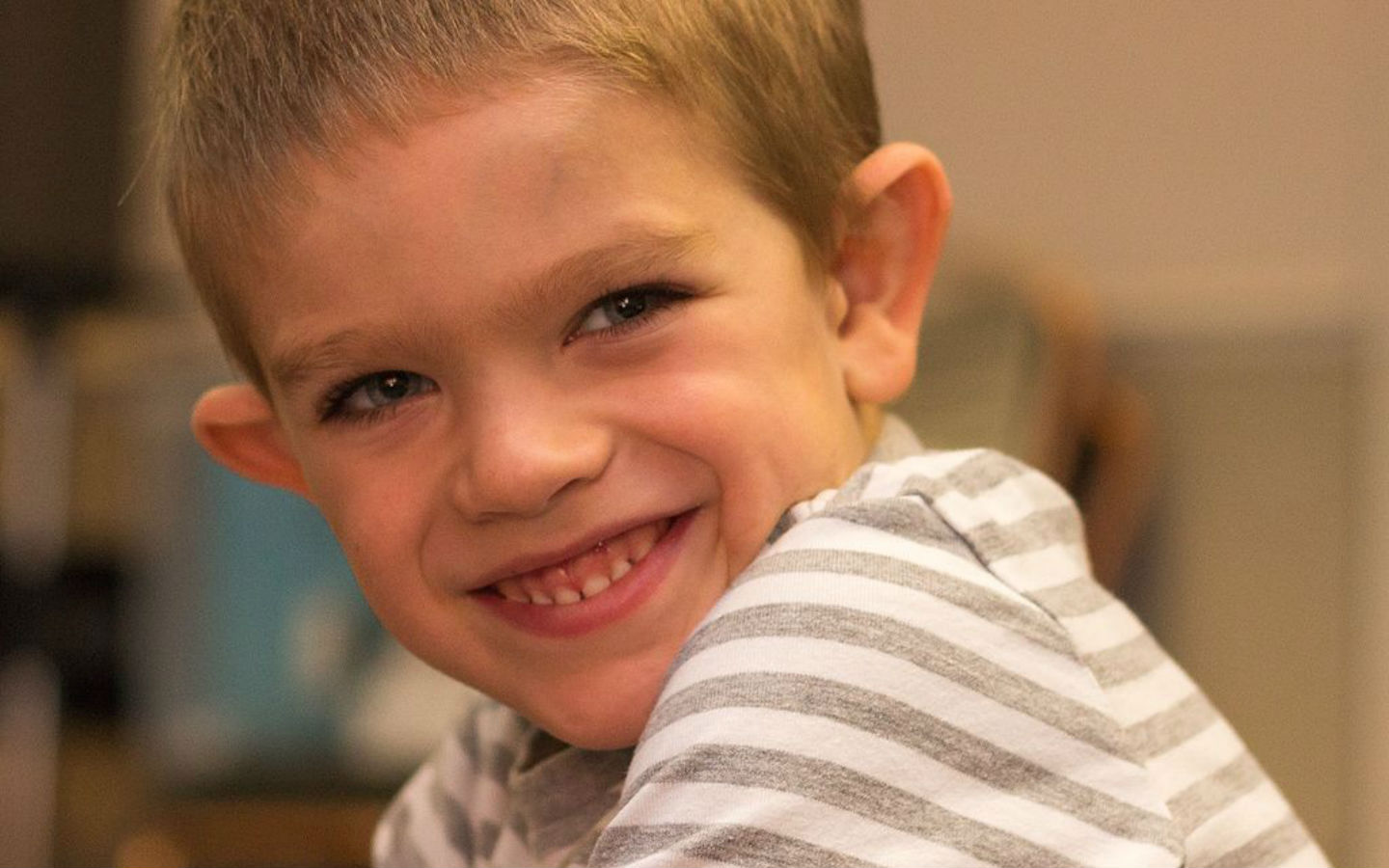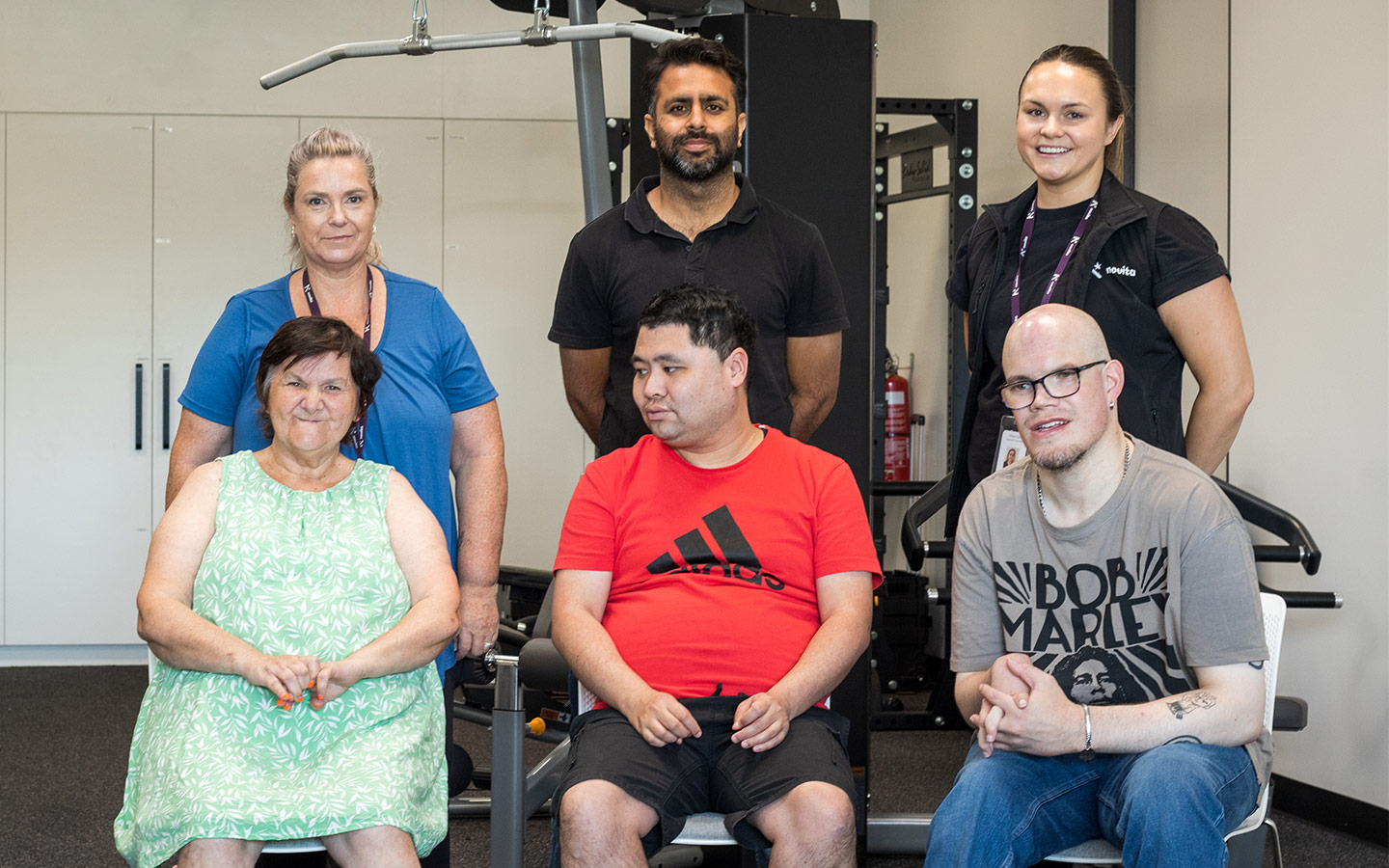Helpful Information
All about Fragile X

This article has information for parents, families and carers of children living with Fragile X Syndrome. It also has helpful information for parents who think their child may live with Fragile X, but haven’t yet received a diagnosis. It includes information about what it is, the early signs of Fragile X, the benefits of early intervention, and where to go for more information, advice or support.
Kids with Fragile X have a range of strengths and challenges – just like everyone else. Both boys and girls can be born with Fragile X, but it is more common in boys.
Kids with Fragile X usually have excellent memory skills and can show great initiative. They also often have untapped potential for learning.
So, what is Fragile X?
Fragile X Syndrome, also called just Fragile X or FXS, is a genetic condition that causes intellectual disability.
Genetic means it runs in families and parents can pass it down to their children or grandchildren. Some other genetic conditions you may have heard of before are Down Syndrome, Cystic Fibrosis and Rhett Syndrome, but these are different from Fragile X.
Fragile X is caused by a gene mutation – the FMR1 gene on the X chromosome is expanded or lengthened.
In Australia, about one child is born every week with Fragile X, and another 20 children are born each week who carry the Fragile X gene.
What are the early signs of Fragile X?
Fragile X isn’t always easy to spot in kids when they’re very young, and some of the ways kids with Fragile X behave are very similar to kids living with autism spectrum disorder.
If your child lives with Fragile X they may:
- find some sensory experiences overwhelming, such as places that are very noisy
- be very social or withdraw from social experiences altogether
- flap their hands or bite things
- have a diagnosis of Attention Deficit Hyperactivity Disorder (ADHD), be hyperactive, or even just active
- have a long, narrow face with prominent ears
- be anxious or shy
- have trouble with language, or delayed, rapid or repetitive speech
- have mild, undiagnosed or severe learning difficulties
- have poor fine and gross motor skills.
Benefits of early intervention
Early intervention and ongoing therapy can really help kids living with Fragile X.
Early intervention starts when your child is young and involves a team of therapists or educators working with your child to tap into their individual strengths, and support them to access and enjoy the same things as other kids their age – like play, learning and making friends.
Having a good doctor is also important, as they may recommend specific medications for your child if they’re diagnosed with Fragile X.
How to get a diagnosis
There are many supports available if you think your child may have Fragile X. Talking to your GP is a great place to start, as Fragile X can be diagnosed with a DNA blood test.
Fragile X often goes undiagnosed, so it might be a good idea to look into it if you have a family history of Fragile X, or if your child lives with autism or a ADHD diagnosis, or has significant learning difficulties and cognitive delay.
Want more?
If your child lives with Fragile X, or you would like more information and free advice, speak to someone in our friendly team on 1300 NOVITA (1300 668 482).
Photo above: By Peter Saxon – Own work, CC BY-SA 4.0, https://commons.wikimedia.org/w/index.php?curid=37250115



